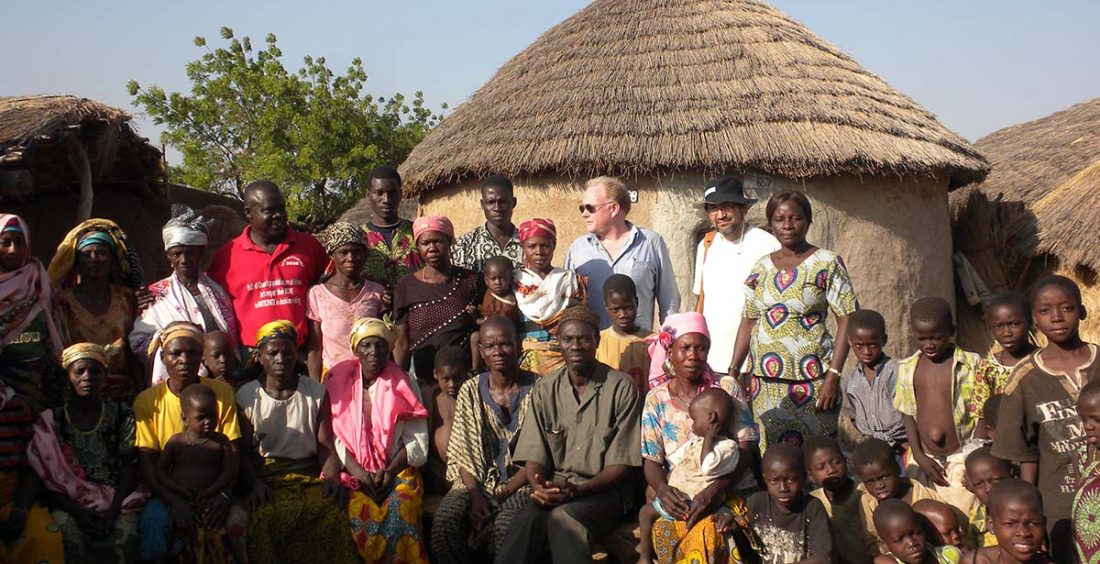Publication: November 2023
Since the beginning of the South American mining/oil era, especially the oil industry, environmental impacts have increased in certain protected areas, oil spills occur near communities, causing violations of their rights and increasing their difficulties to live in a healthy and ecologically balanced environment. Compensation schemes for those affected by oil spills have become a controversial issue for several reasons:
-
- Environmental and social damages such as water pollution, the destruction of ecosystems and the loss of biodiversity has occurred, which has affected local communities that depend on natural resources for their subsistence, generating negative social and economic impacts;
-
- Complexity of determining the extent of the damage caused and its monetary value;
-
- Determining liability for an oil spill and the legal obligations of oil companies can be disputed;
-
- Companies may argue that they have complied withcurrent rules and regulations, while affectedcommunities may believe that adequate measures havenot been taken to prevent and mitigate damage;
-
- Economic and political interests;
-
-
- Affected communities may face barriers to accessingjustice and asserting their rights; and,
-
- The lack of social protection (SP) instruments todetermine the urgent needs of those affected from the demand side; among others.
Objective of this technical note:
Propose methodological improvements to develop better compensation schemes oriented to raise the standard of living of communities located in the catchment area of mining activities, mainly oil exploration. Through this proposal it is intended to reduce the conflicts between these communities and mining companies to achieve a better coexistence between the two actors.
First, as part of the initial diagnostic to identify needs, it is vital to identify the basic needs of both the household and the community. Proper field instruments are applied dividing individual needs into different categories like level of urgency and frequency, types, and others. In the same way, appropriate instruments are applied for the identification of the community’s needs. Upon these tasks, critical and frequent needs are chosen to later design the different types of interventions as part of the compensation scheme.
Second, each intervention must have specific and clear objectives goals at community and individual levels. With respect to individual related interventions, SOPROEN proposes the design and implementation of services that allow households to lower their levels of uncertainty, anxiety and frustration. It should be noted here that achieving higher levels of well-being does not imply greater spending or use of resources, but rather distributing them according to the availability that the company has for these purposes. The difference, with this proposed work methodology with respect to what is currently happening, is that oil company’s resources will be spent in a way that aims to both increase the levels of well-being of the households in these communities as well as to increase the community well-being as a whole.
Third, it is required to implement a monitoring and evaluation system that allows those responsible for the oil company to be given feedback with lessons learned so that they can make adjustments to the progress of the compensation packages.
The clear advantage of this proposal is that the oil company is acting at both the community and individual levels. As such, community members would think twice before making any complaint, they are risking the individual benefits are receiving.





